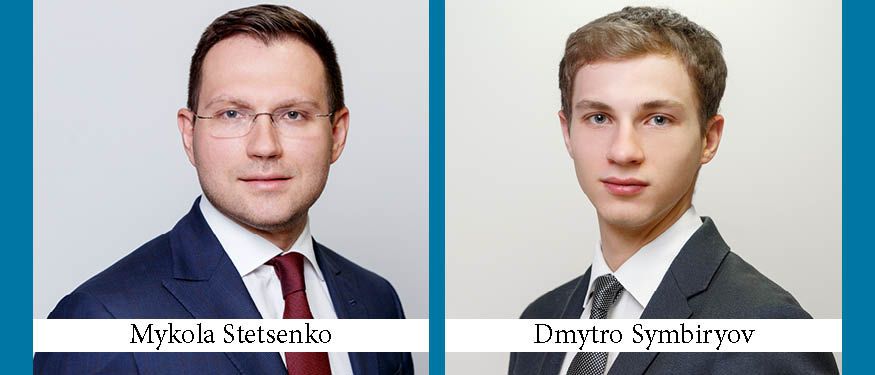Background to Suggested Reform
By ratifying the Association Agreement, Ukraine committed to implementing the provisions of EU law that govern intellectual property. However, this is not the only factor pushing Ukraine to reform its IP legislation. Major market players from the IT, pharmaceutical, and media industries are dissatisfied with the outdated Ukrainian IP legislation, which they believe impedes the development of their business.
Accordingly, draft laws have been developed not only to bring existing regulations in line with EU legislation but also to solve problems facing local businesses. Below, we briefly analyze the most recent and important draft laws aimed at reforming the current regulation of IP in Ukraine. We expect these draft laws to be adopted later this year.
Improvement of Copyright Enforcement on the Internet
Since 1998 Ukraine has been mentioned in the Special 301 Report prepared annually by the Office of the United States Trade Representative. The Report is a review of the state of IP rights protection and enforcement in American trading partners around the world. One of the reasons Ukraine is mentioned in the Report is that it lacks IP protection mechanisms on the Internet.
Draft law No. 4629 “On Amendments to Certain Laws of Ukraine Regarding the Protection of Copyright and Related Rights in the Internet” aims to improve the current situation in four ways. First, it provides a pre-trial procedure to remove the content that violates copyright or related rights. Second, it obliges website owners and hosting providers to remove or restrict access to copyright or related rights-infringing content. Third, it provides for liability of website owners and hosting providers for non-compliance with their obligations under this draft law. Finally, it authorizes notaries to certify the evidence of copyright or related rights violations received from the Internet.
This draft law should significantly decrease the amount of content illegally placed on websites hosted in, operated by, or directed towards parties located in Ukraine.
Combating Patent Trolling
Under Ukrainian law, obtaining a patent for industrial design is not subject to an examination of the novelty of the design. Unfair applicants use this legal loophole to obtain a patent on the well-known form of certain inventions (counters, batteries, light bulbs, etc.). After receiving this kind of “unfair” patent, they start to defend their “violated” rights by requiring payments of royalties for the use of their intellectual property.
Although draft law No. 2352 “On Amendments to the Law of Ukraine ‘On Protection of Rights to Industrial Designs’” does not tighten the requirements for obtaining a patent, it substantially simplifies the procedure for challenging one. Interested parties will be able to challenge the issuance of an “unfair” patent both before and after its issuance in a non-judicial procedure.
We expect that these amendments will provide right holders with sufficient instruments to challenge patents obtained for unfair use.
Ownership of Intellectual Property Rights for Computer Programs Created by Employee/Contractor
There is conflict in Ukrainian law as to who owns IP rights to work created by an employee or contractor. This issue is especially sensitive for software developing companies, who want to have maximum legal support when it comes to the acquisition of rights to the software.
Draft law No. 4579 “On Amendments to Certain Laws of Ukraine on Acquisition, Management, and Protection of Copyright and Related Rights” settles this contradiction in favor of the employer/customer. Unless otherwise provided by the contract, property rights to a computer program or database created in connection with the performance of labor or civil contract will belong to the employer/customer. This position is consistent with Article 181(4) of the Association Agreement.
Electronic Form of License Agreements
Foreign software companies usually do not enter into written licensing agreements and prefer to use so-called “click wrap license agreements”. According to the established practice in Ukraine, inspection bodies, as a rule, rarely treat license agreements in electronic form as sufficient evidence of the legal use of software. Therefore, Ukrainian IT companies often face challenges in proving lawful use of the software.
Draft law No. 4579 “On Amendments to Certain Laws of Ukraine on Acquisition, Management, and Protection of Copyright and Related Rights” equates electronic forms of license agreements with written ones. This proposal should clarify the issue that has been debated for almost a decade.
Conclusion
The reform of the outdated IP legislation will allow Ukraine to increase its attractiveness to foreign investors and resolve the existing problems of national businesses.
